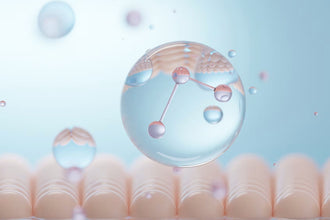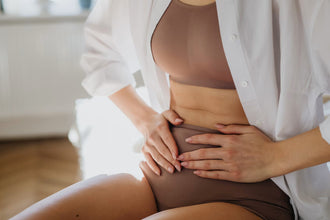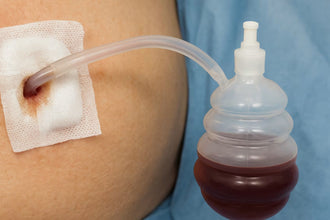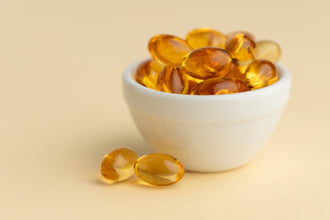
Post-Botox Bruising: Comprehensive Guide to Healing and Recovery
Botox treatments are celebrated for their ability to smooth wrinkles and rejuvenate the skin. However, it's not uncommon for patients to experience bruising following the procedure. Understanding the healing timeline and adopting appropriate care can significantly improve your recovery experience. This article delves into the phases of post-Botox bruising and offers practical tips to aid your healing journey.
Understanding Post-Botox Bruising
Post-Botox bruising is typically a minor side effect, resulting from the needle's interaction with blood vessels during the procedure. While the extent of bruising varies among individuals, knowing what to expect and how to manage it effectively can make all the difference.
The Bruise Healing Timeline
The journey from the initial appearance of bruising to complete healing can vary but typically follows a predictable pattern:
- Immediate 24-48 Hours: Bruises may begin to appear. Applying a cold compress can help reduce swelling and minimize the extent of bruising.

- Days 3-5: Bruising may become more noticeable as it goes through color changes, typically shifting from red to purple.
- Days 6-10: The body's natural healing process following Botox starts to diminish the bruising, often changing color from purple to green or yellow as the blood is reabsorbed.
- Days 11-14: Most bruising should significantly diminish, revealing the full effects of the Botox treatment.
Strategies for Accelerating Healing
While bruising is part of the body's natural healing response, certain strategies can facilitate a faster recovery.
Optimal Nutrition for Recovery

- Balanced Diet: Consuming foods rich in Vitamin K, Vitamin C, and bromelain can aid in reducing bruising and swelling. Understanding the role of nutrition in post-Botox recovery is crucial.
- Hydration: Keeping well-hydrated is essential for all aspects of health, including maintaining skin elasticity and facilitating the healing process.
Minimizing Impact on Treated Areas
- Gentle Skincare: Avoid rigorous facial treatments or massages that can exacerbate bruising. Initiating a skin-friendly routine post-Botox is advisable.

- Sun Protection: Protect the treated areas from direct sunlight to prevent further skin irritation.
Dos and Don'ts Post-Botox
Adhering to specific guidelines after your Botox treatment can make a significant difference in your healing experience.
Do:
- Rest and elevate your head to reduce swelling.

- Use skincare products that are kind to your skin, avoiding harsh chemicals or abrasive textures.
Don't:
- Consume alcohol or blood-thinning medications that can increase bruising risk.
- Engage in high-impact activities for at least 24 hours post-treatment.
When to Seek Medical Attention
While bruising is generally a normal part of the healing process, certain signs warrant professional attention:
- Persistent Bruising: Bruising that doesn't improve even after two weeks.
- Severe Discomfort: Unusual pain or swelling around the treated areas.
Seeking advice from your healthcare provider ensures that your recovery stays on the right track.
Conclusion: Empowering Healing through Nutrition
Understanding how aging affects the skin's subtle changes and the skin's response to injury, particularly in bruise healing, allows for more effective management and care. By focusing on nutrient-rich foods and maintaining a balanced diet, individuals can significantly improve their body's natural healing abilities, making bruises a less troublesome aspect of life. Additionally, adopting a holistic approach towards post-Botox skin-care can further enhance recovery and overall skin health.
References:
General Disclaimer: All information here is for educational purposes only and is not meant to cure, heal, diagnose nor treat. This information must not be used as a replacement for medical advice, nor can the writer take any responsibility for anyone using the information instead of consulting a healthcare professional. All serious disease needs a physician.















